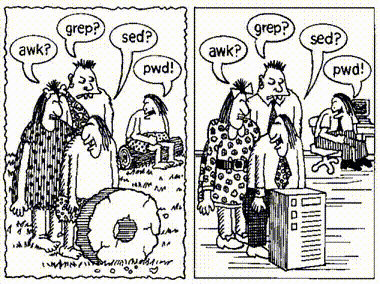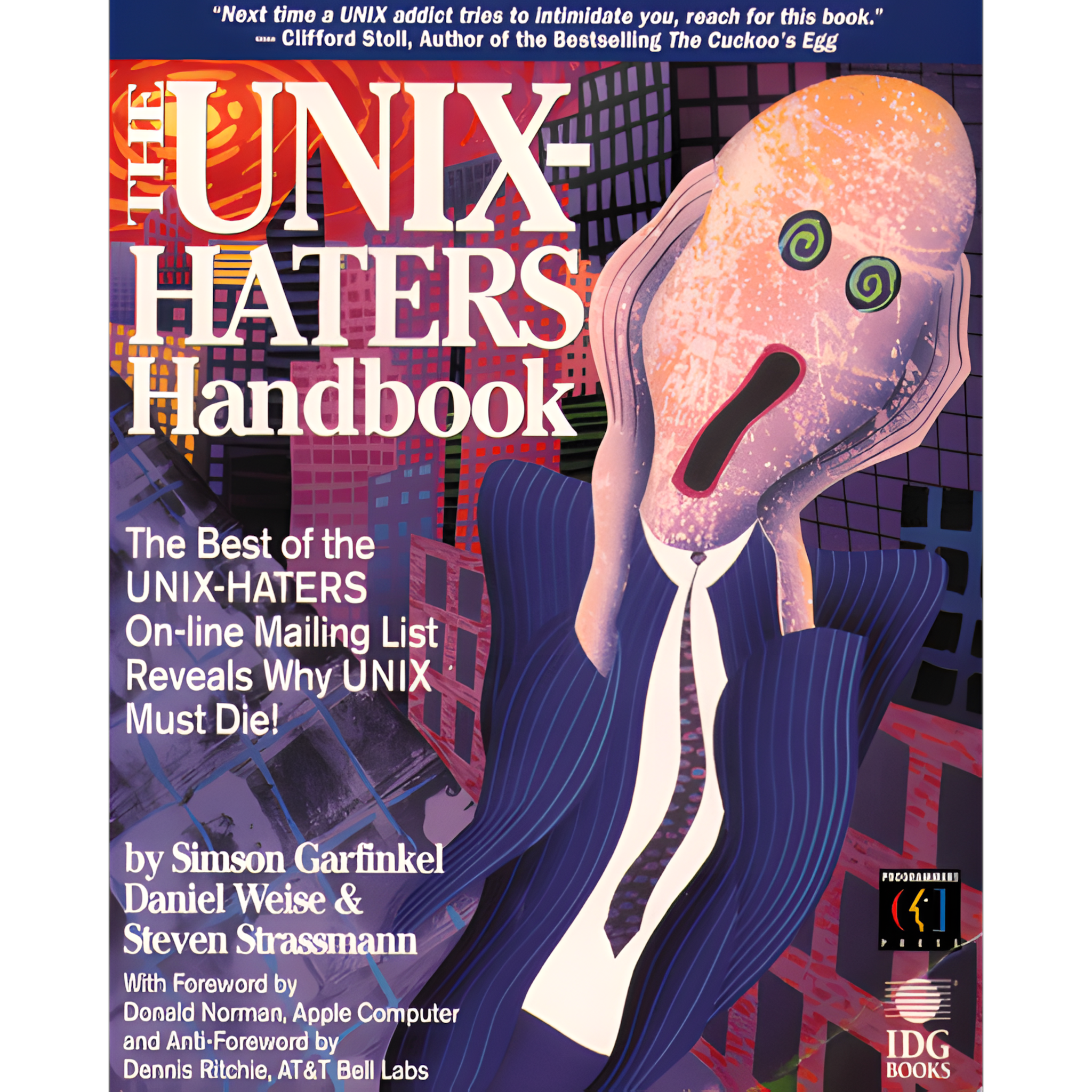The UNIX-HATERS Handbook is a semi-humorous edited compilation of over-dramatic, sarcastic and cruel messages to the UNIX-HATERS mailing list between 1987 and 1993. UNIX-HATERS was a mailing list that an MIT Media Lab graduate student named Michael Travers started in 1987, in order to exchange knowledge and information with the worldwide fellow UNIX users on their time struggling epic quest with the UNIX operating system. During this six years period, the frustrated UNIX users had been posting in the UNIX-HATERS list a remarkably vast number of very nasty but very well technically documented messages. No part of the mailing list messages was published in the book “as is”.
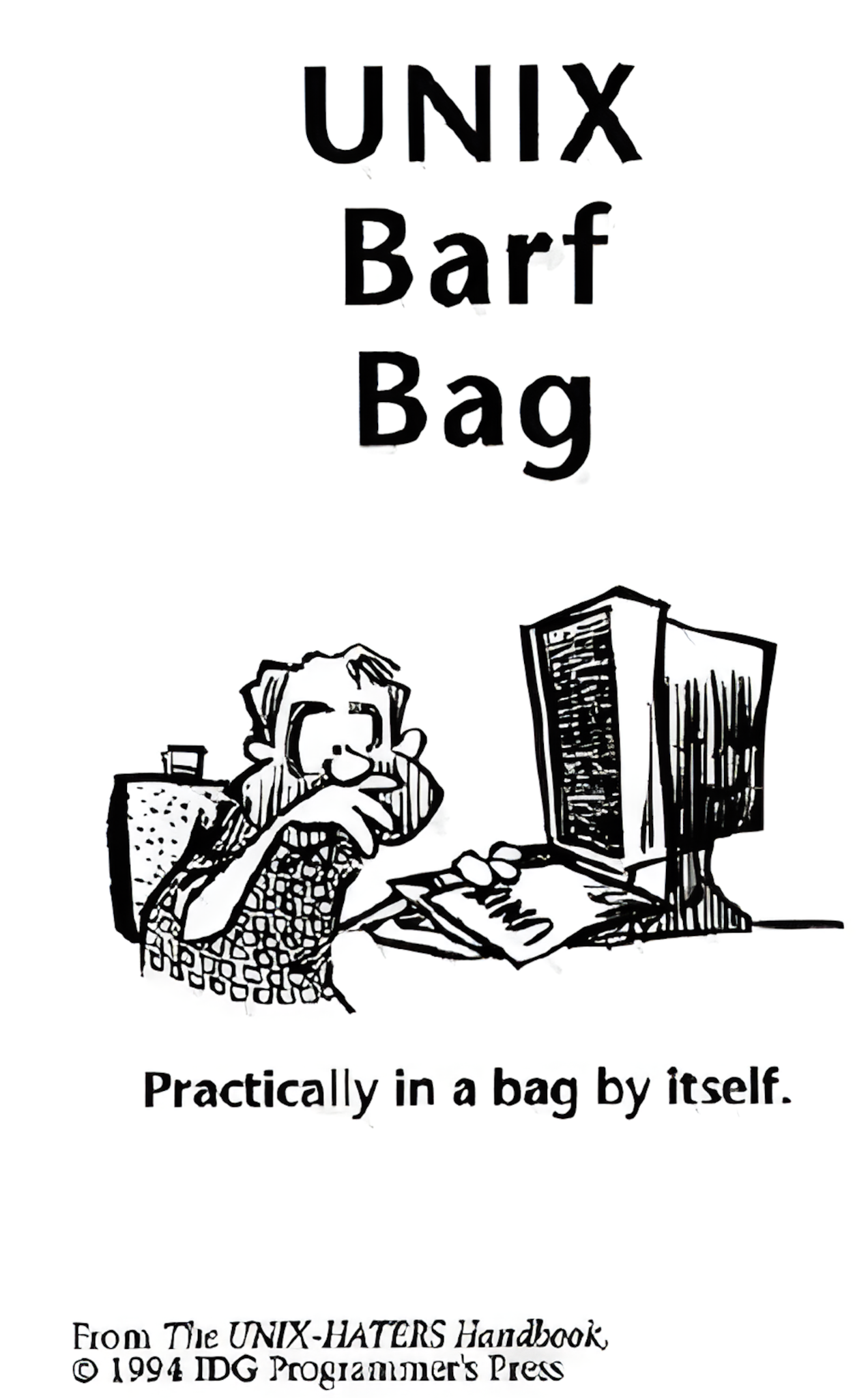
The book was edited by Simson Garfinkel, Daniel Weise and Steven Strassmann. It was published in 1994 and made available to download for free in 2003.
The book was originally printed as a trade paperback. Its front cover was designed to be similar to The Scream. An air sickness bag, like the ones included in the airplanes, printed with the phrase “UNIX barf bag”, was inserted into the inside back cover of every copy by the publisher.
Although nowadays the book must be considered to be totally outdated and many of the problems and annoyances presented had been overcome many years ago, I still find myself really enjoying while reading random parts in it. I am pretty sure, many UNIX lovers are still hating it, as they used to hate it back then when it was first published, but it is hard not to empathize with the frustrated UNIX fellow users from that era. After all, do not forget that these users were the ones that had been really messing around with the UNIX operating system in a daily basis. And many of them had a hard time, back then. Don’t miss the point (like the Gnome developers team do nowadays).
Two of the most famous products of Berkeley are LSD and Unix. I don’t think that is a coincidence.
–Anonymous user
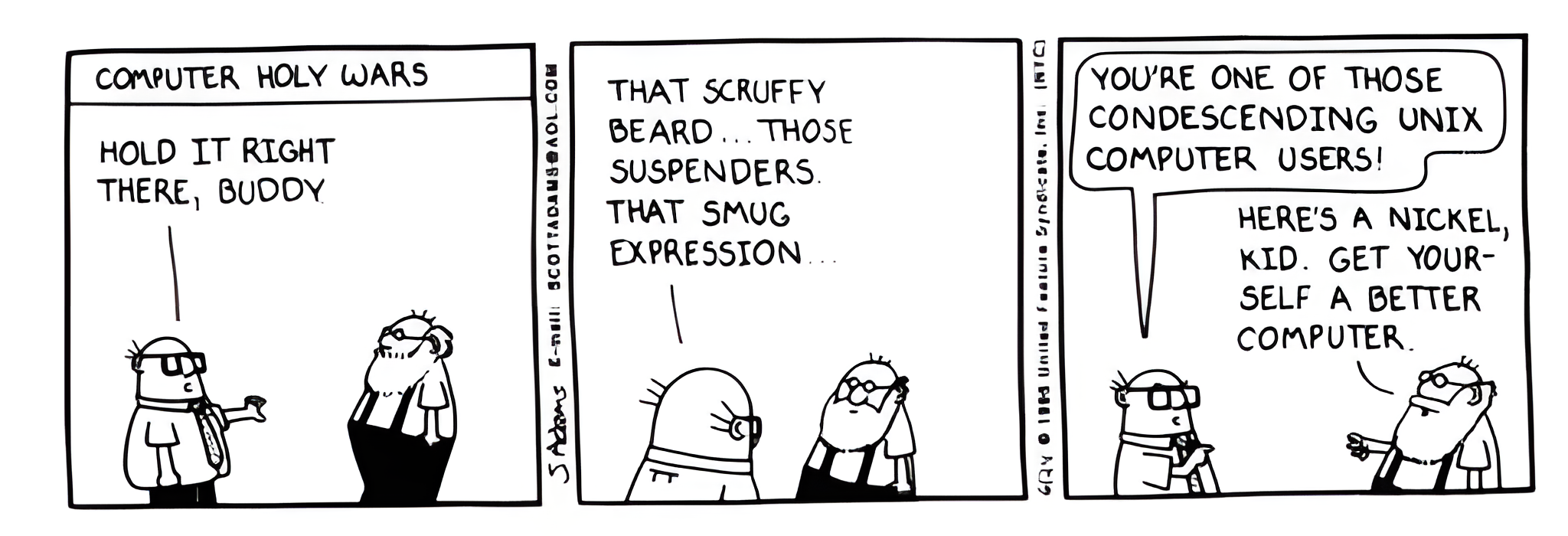
Although as previously mentioned that the book nowadays is totally outdated, for someone with no experience on the UNIX operating system during that era (including me), reading it should provide some understanding on the state and the problems of the available UNIX flavors, back in the 80s, before the rise of Linux (hey, it is GNU Linux) and the revolution of the Open Source community that followed that era. One significant thing you should note is how the authors in 1994, did not manage to predict the BSD and Linux explosive evolution during the next decades.
There is a dedication “To Ken and Dennis, without whom this book would not have been possible.”, referring to Dennis Ritchie and Ken Thompson , both creators of the UNIX Operating System.
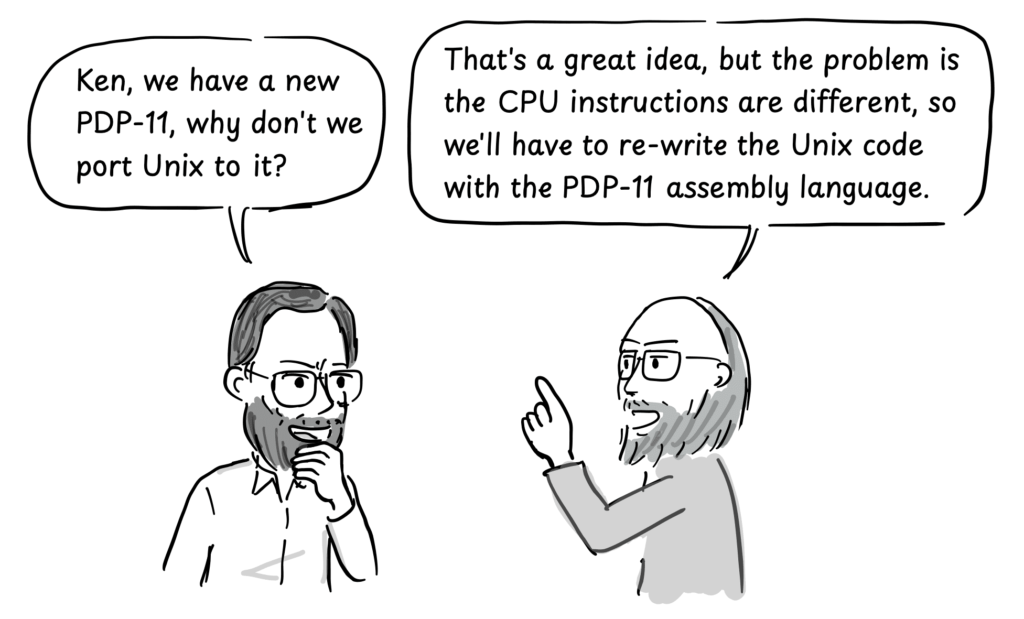
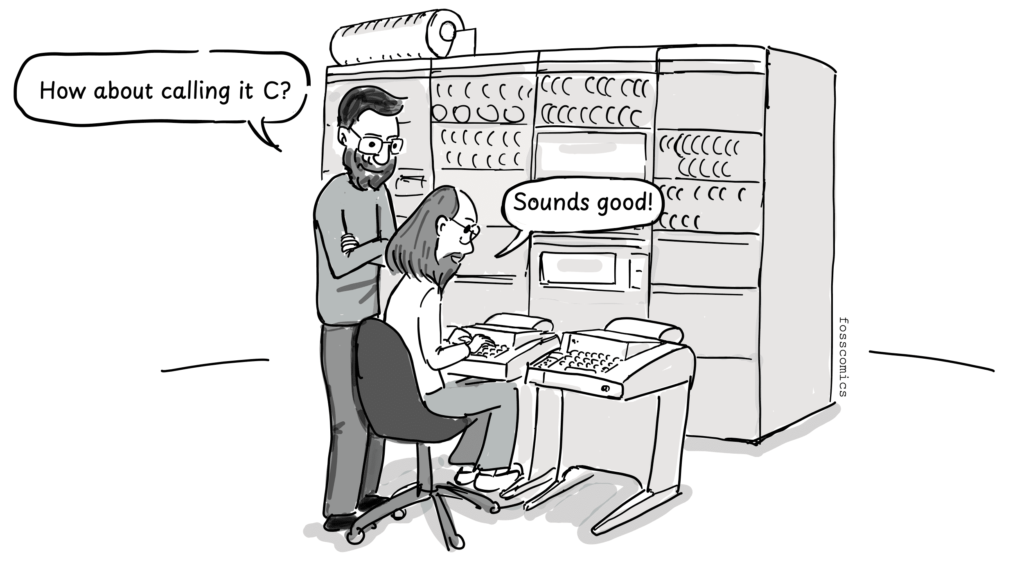
The book contains a foreword by Don Norman but it also contains an “anti-foreword” by Dennis Ritchie, one of the creators of the UNIX operating system.
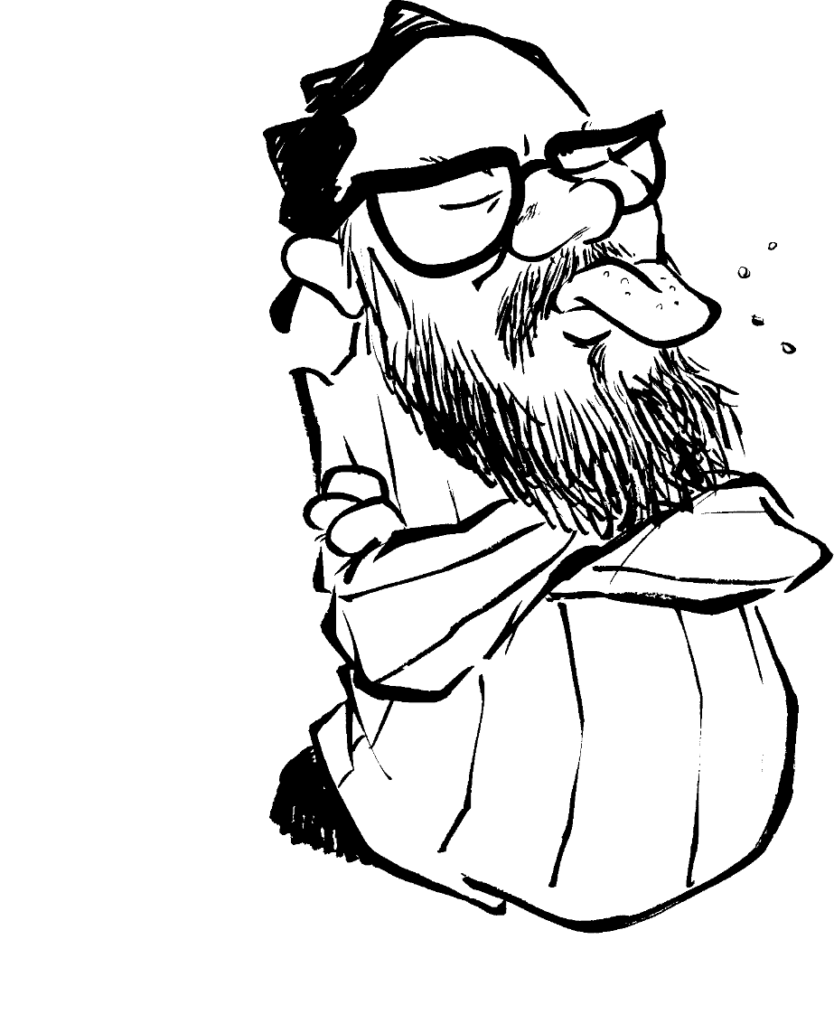
… Here is my metaphor: your book is a pudding stuffed with apposite observations, many well-conceived. Like excrement, it contains enough undigested nuggets of nutrition to sustain life for some. But it is not a tasty pie: it reeks too much of contempt and of envy.
Bon appetit!–Dennis Richie
Although the book contains many technical details, in my opinion it is yet to be considered nowadays as “fun reading” rather than “technical reading.” Considering all the above, if you finally get to read the book, try to enjoy it and don’t miss the point. And what is the point, you might ask me. Well, the answer to this (and also to life, the universe, and everything) is 42.

Anyone else ever intend to type
rm *.oand type this by accident:rm *>o?
Now you’ve got one new empty file called'o', but plenty of room for it!-Dave Jones
I liken starting one’s computing career with Unix, say as an undergraduate, to being born in East Africa. It is intolerably hot, your body is covered with lice and flies, you are malnourished and you suffer from numerous curable diseases. But, as far as young East Africans can tell, this is simply the natural condition and they live within it. By the time they find out differently, it is too late. They already think that the writing of shell scripts is a natural act.
– Ken Pier, Xerox PARC
